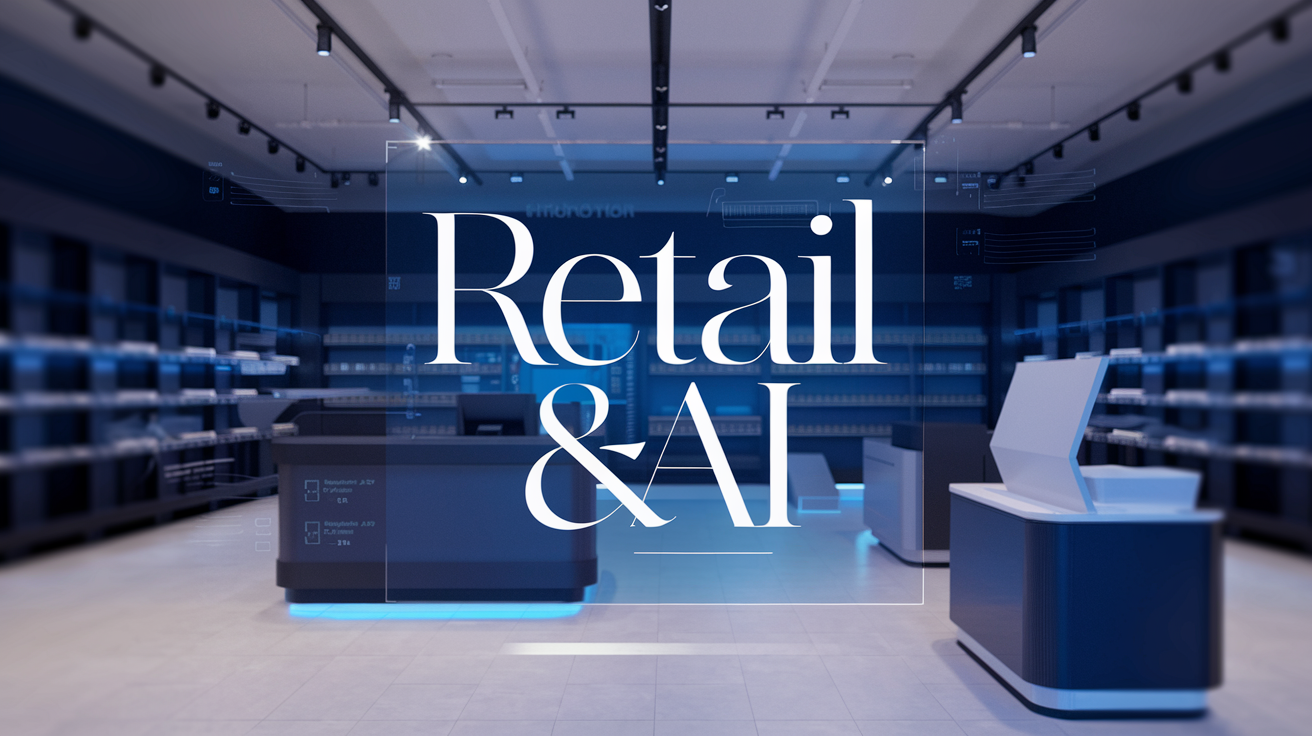
- AI-Enhanced In-Store Efficiency
-
RFID and Smart Shelves- AI-powered inventory tracking ensures accurate stock levels and prevents product shortages. (Matellio)
-
Mobile Point-of-Sale (POS) Systems– Self-checkout kiosks and mobile payments reduce wait times and enhance customer convenience
-
Automated Restocking Systems– AI-driven demand forecasting helps retailers replenish inventory efficiently, minimizing waste. (Deloitte)
-
The Popularity of Athleisure and Lifestyle-Driven Fashion
- Blurring the Line Between Casual and Activewear– Brands are designing multipurpose apparel suitable for both workouts and daily activities
-
Innovative Fabric Technology– AI-driven material innovation enhances comfort, durability, and sustainability in fashion.
-
Health and Wellness Integration– Collaborations between fitness brands and retailers drive interest in athleisure-inspired product lines. (Vogue Business)
-
The Shift Towards Ethical and Sustainable Shopping
Sustainability is a top priority for modern consumers, influencing their purchasing decisions and brand loyalty.
-
Eco-Friendly Products and Packaging– Retailers are adopting biodegradable materials and recyclable packaging to reduce waste. (Lombard Odier)
-
Transparency in Supply Chains– Consumers demand insight into sourcing practices, ethical labor conditions, and carbon footprint reduction. (Time)
-
Circular Economy Initiatives– Take-back programs, product recycling, and resale platforms encourage sustainability and waste reduction.
-
Luxury Consignment Growth– High-end brands are entering the resale space to cater to eco-conscious shoppers. (MyTotalRetail)
-
Peer-to-Peer Resale Platforms– Online marketplaces enable consumers to buy, sell, and trade fashion items, extending product lifecycles.
-
AI-Verified Authentication– Advanced AI tools authenticate second-hand luxury goods, ensuring quality and legitimacy
- AI-Driven Retail Media and Advertising
-
Data-Backed Marketing Insights– Retailers collaborate with brands to share consumer insights, refining targeted advertising strategies.
-
Shoppable Content Experiences– Interactive ads and live shopping events enhance engagement, driving conversions seamlessly. (RetailTouchpoints)

Posted by PDI Marketing Team
Pacific Data Integrators Offers Unique Data Solutions Leveraging AI/ML, Large Language Models (Open AI: GPT-4, Meta: Llama2, Databricks: Dolly), Cloud, Data Management and Analytics Technologies, Helping Leading Organizations Solve Their Critical Business Challenges, Drive Data Driven Insights, Improve Decision-Making, and Achieve Business Objectives.




